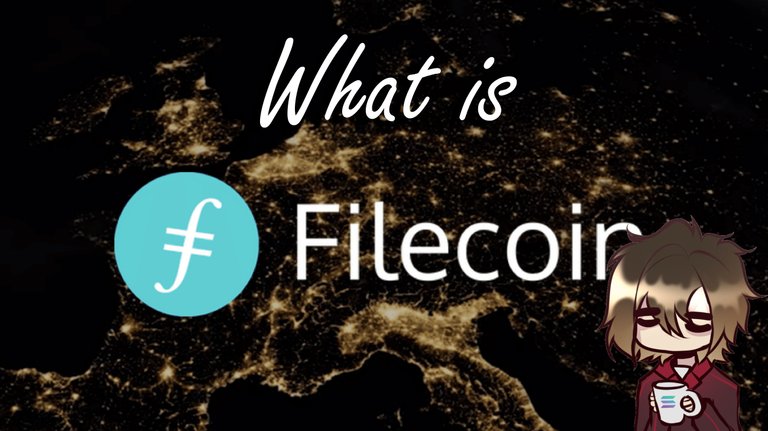Background
Filecoin was created to help combat cybersecurity threats by providing a Decentralized Storage Network (DSN) that helps keep files safe & encrypted while the pricing would also be competitive. Protocol Labs is the company behind this idea, and they opened their doors in 2017 to start work on the idea that turned into on of the largest cryptos today. The initial main-net started in late 2020 after several delays.

The launch, when it finally came around, went fairly smooth and they started accepting storage request from around the globe. The coin raised more than 250 million dollars for its ICO, the goal was 40 million which it passed with flying colors. The platform has managed to avoid running into major issues, the largest one being a miner bug that resulted in the network staying offline for 7 hours until fixed.
Filecoin upgraded to allow support for the EIP 1559 upgrade to Ethereum, this brought in the ability to label or separate transactions so they can allow for higher value transactions which cost more "gas" along with their traditional transactions. This helped to ease the pain on a network that was growing more congested by the day. The platform managed to hit 7.518 EiB (8,74 million Terabytes) worth of available storage in July 2021.
Network
The network works as a decentralized network of storage containers where "miners" can provide thousands of GiB/TiB/PiB in data storage for rewards. It runs on a PoR (Proof-of-Replication) that verifies that files are stored locally on miners and are safely encrypted. Then there is a secondary function called Proof-of-Spacetime where the network verifies that a miner is storing the agreed upon file for a period of time. These two basically works as allocating and verifying storage of files as well as mainting control to see that the files are still availble after a period of time.
The network requires high amounts of storage in order to run a node. It also requires a higher than usual amount of ram and preferably a decent GPU to help solve the Snark computations. What you need is essentially a server that you can host in your own home or companies can host in data centers as they are already doing today. The difference being that the data is more spread out and users don't have to rely on any one service provider. Storage providers also stake collateral that is meant to safe guard against malpractice. When a miner gets given a file for storage they are given rewards in filecoin, 25% at the start of storage and the remaining 75% over a period of 180 days.
Use cases
The blockchain exists to empower miners giving them a new alternative to making income on, different than the GPU or ASIC heavy blockchains that requires parts that are becoming more expensive by the day due to supply not meeting demand. The more storage your system can hold the more money you can make. It is however, harder to get started as you would require a great deal of storage in order to make a reliable stream of money as it takes 180 days to get your full reward. Users that want a DSN system simply set up and send their files over to have them stored, they should be ready to wait if they want to grab their files however, as the system's consensus method requires time to perform any transfers.
Filecoin today
Filecoin has remained stable for the last few months, it has a lucrative ecosystem where storage providers are making nice return on the their investment. Sadly this storage system is currently fairly centralized as the majority are run by companies in China that is providing the bulk of the available storage. There have been alot of skepticism with the initial launch of the token as many investors weren't aware of this crypto's ICO funding, amongst the biggest in 2017. As Web3.0 continues moving forward the demand for storage will increase, Filecoin provides a large amount of safe storage that will help give a stable foundation for years to come.
Pros:
- A novel idea that performs well
- Alternative to mining
- Encrypted data storage that is good option to protect from cyber security threats
Cons:
- High entry barrier to become a miner
- Semi-centralized governance due to costs!